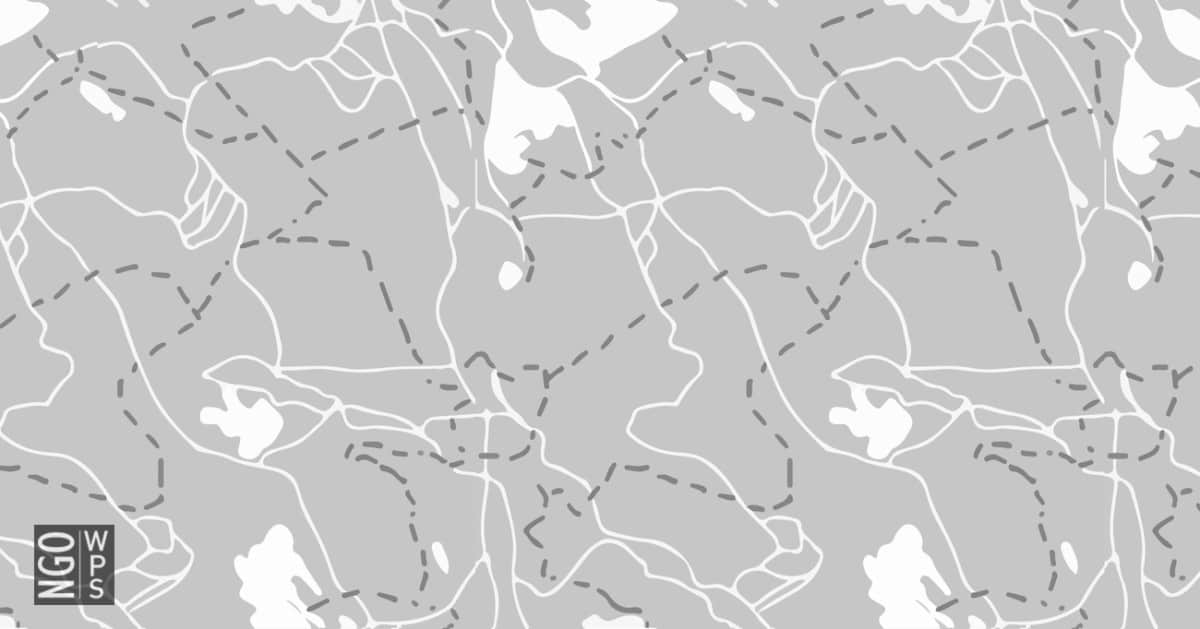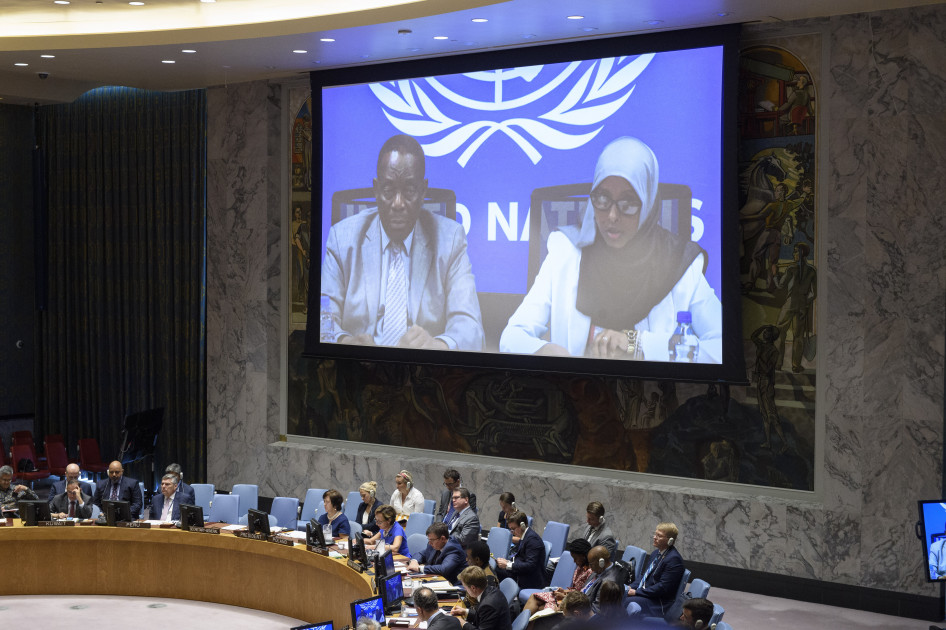Somalia
Somalia’s long-running armed conflict has been characterized by extremism, sectarian political violence, complex humanitarian crises, and piracy, and women have been disproportionately at risk of death and as targets of sexual and gender-based violence and displacement.
Based on the work of NGOWG members and their partners, the NGOWG advocates for women’s political participation, women’s meaningful and active participation in design and implementation of humanitarian responses, and strengthened mechanisms to prevent and respond to sexual and gender based violence.
Somalia
Somalia’s long-running armed conflict has been characterized by extremism, sectarian political violence, complex humanitarian crises, and piracy. Women have been disproportionately at risk of death, and as targets of sexual and gender-based violence and displacement.
Based on the work of NGOWG members and their partners, the NGOWG advocates for women’s political participation, women’s meaningful and active participation in design and implementation of humanitarian responses, and strengthened mechanisms to prevent and respond to sexual and gender based violence.
Current and Past Recommendations to the UN Security Council (Monthly Action Points)
In its renewal of the mandate of the UN Assistance Mission in Somalia (UNSOM), the Council should:
- Mainstream gender as a cross-cutting issue in its mandate (S/RES/1325 (2000), OP 5).
- In view of the forthcoming universal elections in 2020, actively support the adoption by the Federal Government of Somalia of a legally binding provision to achieve the 30% quota for women’s representation in political decision-making bodies.
- Support women’s participation in all peace and security processes, through capacity-building and efforts which challenge gender norms that restrict gender sensitive behaviors within related institutions.
- Monitor and report on human rights violations, including sexual and gender-based violence (SGBV) and targeting of human rights defenders.
- Reinforce the importance of strengthening accountability in the security sector, and underline UNSOM’s role, in supporting the implementation of the Human Rights and Due Diligence Policy (HRDDP) (S/RES/2106 (2013)).
- Regularly consult with CSOs, including women’s groups (S/RES/2122 (2013), OP 7(a)).
- Call for UNSOM to include information and analysis on the differential impact of violence perpetrated by state and non-state armed actors on the human rights of women and girls; and on how UN CT/CVE and other efforts could support women and women’s CSOs in their work to counter violence in all its forms (S/RES/2242 (2015), PP, OP 13).
In its renewal of the mandate of the UN Assistance Mission in Somalia (UNSOM), the Council should:
- Mainstream gender as a cross-cutting issue in its mandate (S/RES/1325 (2000), OP 5).
- In view of the forthcoming universal elections in 2020, actively support the adoption by the Federal Government of Somalia of a legally binding provision to achieve the 30% quota for women’s representation in political decision-making bodies.
- Support women’s participation in all peace and security processes, through capacity-building and efforts which challenge gender norms that restrict gender sensitive behaviors within related institutions.
- Monitor and report on human rights violations, including sexual and gender-based violence (SGBV) and targeting of human rights defenders.
- Reinforce the importance of strengthening accountability in the security sector, and underline UNSOM’s role, in supporting the implementation of the Human Rights and Due Diligence Policy (HRDDP) (S/RES/2106 (2013)).
- Regularly consult with CSOs, including women’s groups (S/RES/2122 (2013), OP 7(a)).
- Call for UNSOM to include information and analysis on the differential impact of violence perpetrated by state and non-state armed actors on the human rights of women and girls; and on how UN CT/CVE and other efforts could support women and women’s CSOs in their work to counter violence in all its forms (S/RES/2242 (2015), PP, OP 13).
Relevant Resources









